”Say 'what' again.
I dare you, I double dare you!“
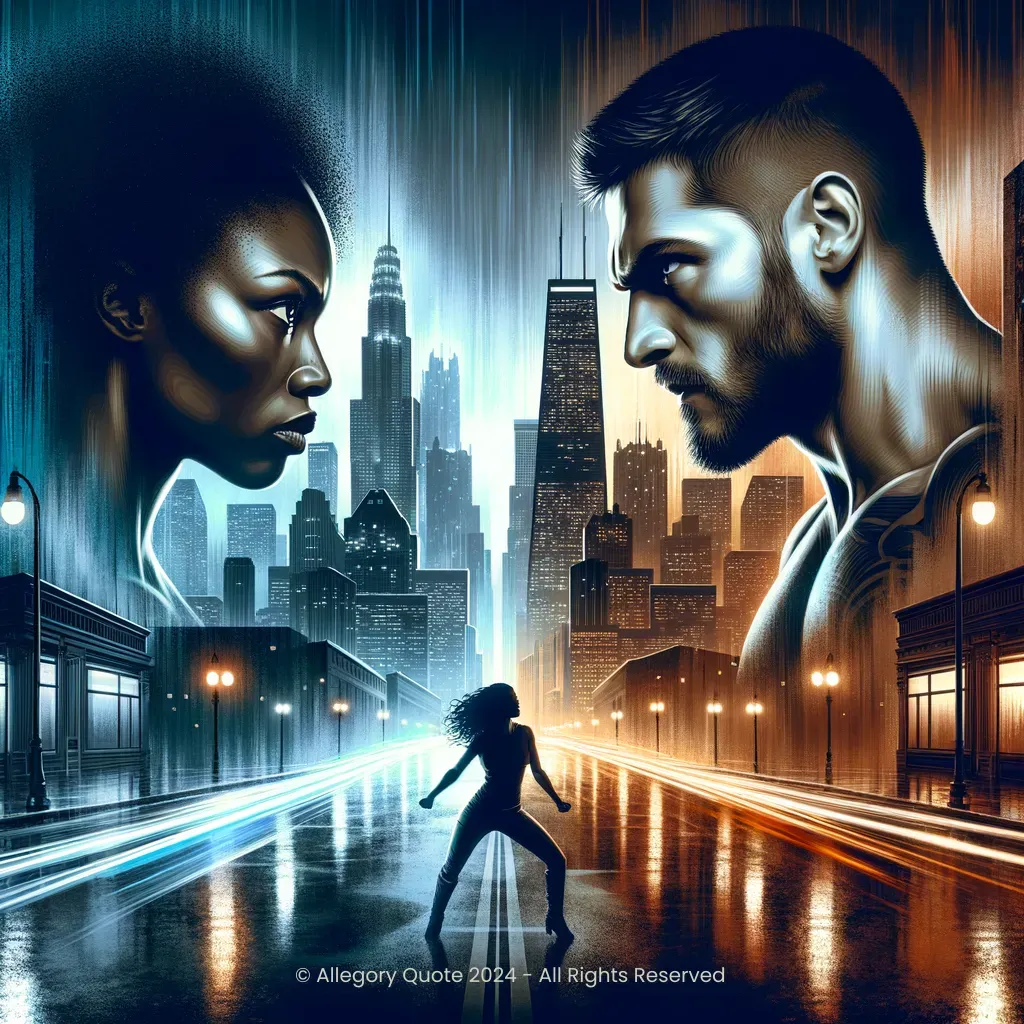
0
0
0
0
- Meaning
- The phrase showcases the concept of provocation and the intensity of interpersonal exchanges, highlighting themes of bravado and confrontation. It reflects a moment of drama where establishing dominance or challenging someone becomes pivotal, encapsulating the human struggle for power in dialogue.
- Allegory
- The elements of the image reflect the competitive nature of dialogue, showcasing characters that symbolize challenge and assertiveness. The twilight backdrop represents the emotional stakes, while the contrasting colors highlight the tension inherent in their exchange, capturing the essence of audacity and confrontation found in the phrase.
- Applicability
- In personal life, this phrase can apply in situations that involve conflict or debate, where one might feel challenged to stand their ground or assert themselves in a robust manner. It teaches the value of confidence in one's words—knowing that sometimes, standing firm against challenges can be a path to resolution or understanding.
- Impact
- This phrase has become iconic in popular culture, often quoted and referenced in various contexts related to bravery, conflict, and cinema. It represents Tarantino's unique dialogue style and has inspired discussions on the nature of confrontation in film and real life.
- Historical Context
- The phrase originates from the mid-1990s, coinciding with the release of the movie 'Pulp Fiction' in 1994. The film was revolutionary in its narrative style and character depth, reflecting the cultural shifts of that era, especially in American cinema.
- Criticisms
- Critics have noted that the glorification of such confrontational dialogue can perpetuate aggressive behavior in real-life interactions. While some argue it reflects honesty and a departure from traditional conflict resolution, others criticize it for trivializing violence and bravado.
- Variations
- There are variations of this phrase in cultures that emphasize challenge and provocation, reflecting similar themes of verbal dueling or tests of courage. For example, in sports and traditions worldwide, challenges often reflect the spirit of rivalry which is conveyed through provokative phrases.
-
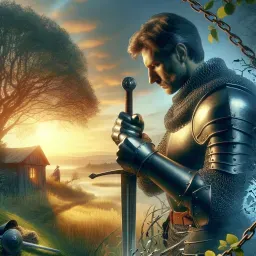
I’m gonna get medieval on your ass.
-
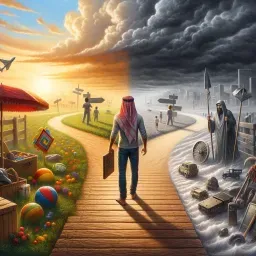
I spent my whole life trying not to be careless. Women and children can afford to be careless, but not men.
-

I'm sorry, did I break your concentration?
-

Just when I thought I was out, they pull me back in.
-
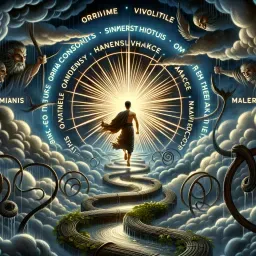
The path of the righteous man is beset on all sides by the inequities of the selfish and the tyranny of evil men.
-
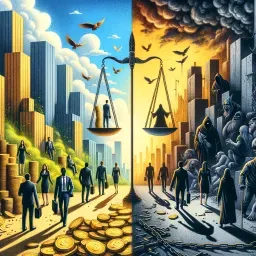
I don't like violence, Tom. I'm a businessman. Blood is a big expense.
-

Zed’s dead, baby. Zed’s dead.
-
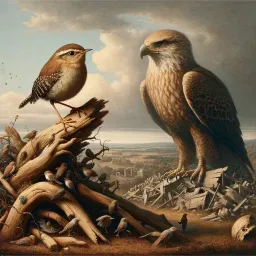
The world is grown so bad, that wrens make prey where eagles dare not perch.
-

I love you, Honey Bunny.
-
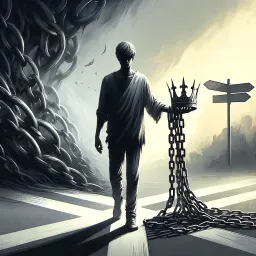
Power wears out those who do not have it.
No Comments